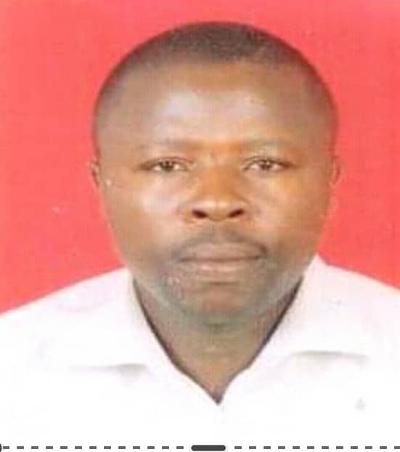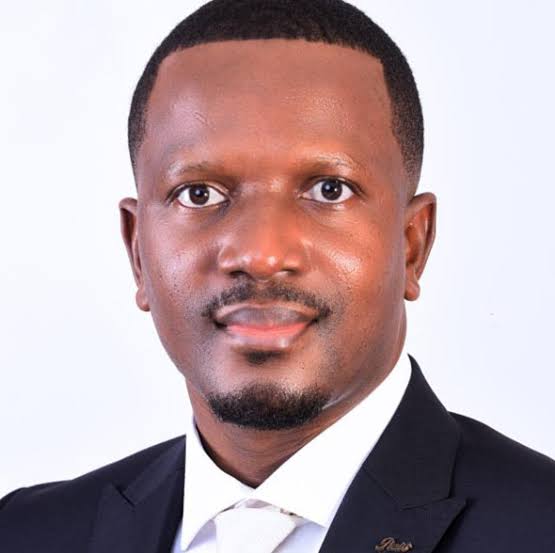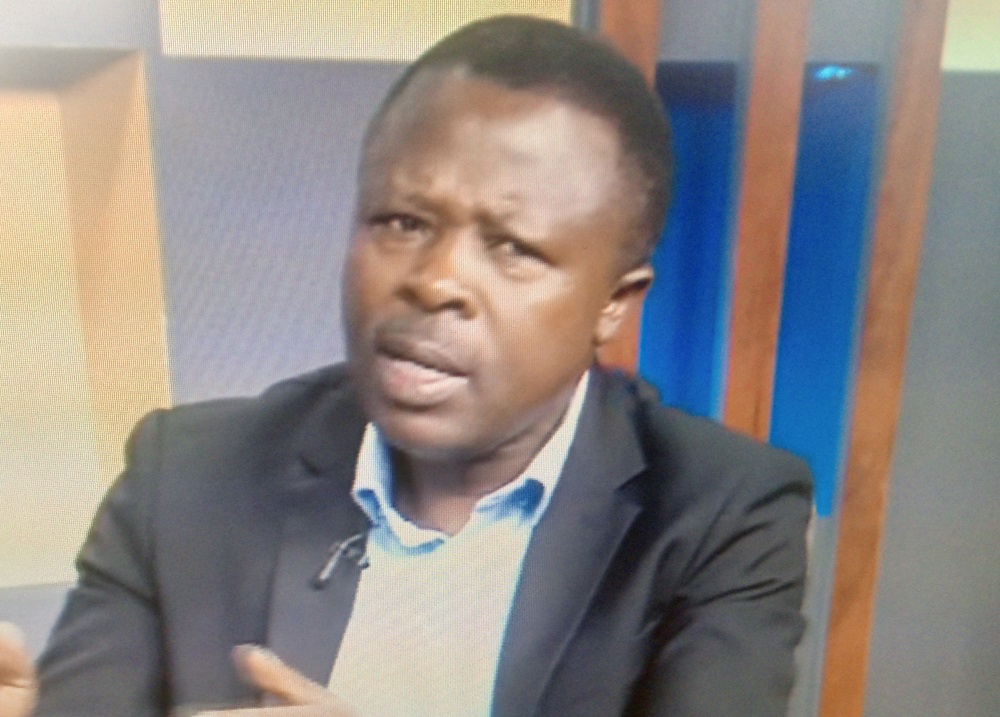The Tunisian constitution, in Article 87, opens with a big no when it clearly states that a president of the Republic cannot be prosecuted for acts that were carried out in the context of performing his or her official functions.
In law, a legal trial, criminal or otherwise, has many intentions, including punishing the accused if found guilty or freeing the accused on account of insignificant evidence, among other factors. Various African governments have enacted, in their constitutions, a series of steps to follow when it comes to meting out punishments to their heads of state for criminal and civil acts committed in the course of their duties. After all, nobody can escape omission and commission in the course of executing official duties.
While some constitutions completely exonerate heads of state for any culpability arising from official functions, many postpone punishment of the head of state until when he or she is out of office, while others, like that of Rwanda, encourage anybody aggrieved by the excesses or any wrong actions committed by the president to table such a matter before court when the president is still a sitting president.
The general legislative intention in reserving or proposing punishing heads of states is premised on the constitutional thinking that no one is above the law, a view that helps to actualize the notion of equality proposed by philosophers like Professor Dicey and various legislative pieces within our various municipal organic laws.
In Uganda, under Article 98(4)(5), courts of law cannot try an incumbent president. If such a trial ever takes place, then the court may be looked at as lawbreakers. On the authority of Article 98(4)(5), the courts lack constitutional mandate to try a president for civil and criminal breaches. However, a person aggrieved by the actions of the president may petition the court, but a trial may not take place because the court’s “hands are tied” on account of the above provisions. Ugandan municipal law advises that such a trial can only take place after a person has ceased being ahead of state.
While in Rwanda, the position of the law as far as trying an incumbent president is quite the opposite of Ugandan law. If well juxtaposed with the Ugandan constitution, Article 114 of the Rwandan constitution states that a former president of Rwanda cannot be prosecuted for treason or serious and deliberate violations of the constitution when no legal proceedings in respect of that offense were brought against him or her while in the office. Allow me to lift here a verse from the Bible where during church weddings the clergy asks if there “is anybody in the congregation opposed to the marriage of the bride and groom or short of that, you keep your peace forever.” The law allows persons aggrieved by the actions of the president to institute legal action while one is still an incumbent president of Rwanda.
The likely legislative thinking here is that such actions may be committed in an official capacity and therefore the state machinery may be available to represent the head of state in court. Why then would a complainant wait for one when he is an ordinary citizen and begin imposing a former president of a republic with criminal charges in courts of law which he may have forgotten anyway with time and disturbing his peace in retirement?
While in Namibia, under its Article 31(1), nobody is allowed to institute civil proceedings against the president for civil and criminal acts while he was performing official functions as the head of state. Especially when one has vacated office, courts can’t try a former president except if he had been impeached by parliament for such any maladministration.
In Angola, the position of their municipal law under Article 65(1) is that the president cannot be responsible for acts carried out during the discourse of his duties except in the case of bribery or treason. Any criminal trials by court must be premised on actions of Parliament, proceedings must be initiated by the National parliament and by two-thirds majority, and the trial shall be conducted by the supreme court, and sentencing of the president shall mean dismissal from office (Article 65(3)).
While in Tunisia, under Article 87, the president of the Republic enjoys judicial immunity during his or her term of office, and the law directs that an incumbent can only be tried after he is out of office. Even then, judicial trials can only be recommended by parliament or some other organ before a trial takes place. However, in the same Article (87), an incumbent appears exonerated for criminal and civil actions when the very legal provision above directly openly states that the president of the Republic cannot be prosecuted for acts carried out in the context of performing official duties. Quite a conflicting constitutional position, as this may be a subject of constitutional interpretation before actually any trial commences.
Analysis of the Tunisian constitution paints a legal picture of a president going scot-free for any alleged crimes committed by him or her while in office. While in South Sudan, the constitution states that the president shall be immune from legal proceedings and shall not be charged or be sued in court during his or her term of office. However, in case of high treason, a trial can be commissioned after parliament voting to commence criminal proceedings by impeaching him or her before a trial takes place.
An academic panorama of a number of constitutions of African countries also has in place other ways of removing presidents from office, especially on medical grounds. In Tunisia, for example, Ben Ali convinced the medical board to get rid of his long-term ally and mentor President Habib Bourguiba from power. President Habib Bourguiba had grown quite senile to the extent that he could be found indulging in intra-personal communication and occasionally talking to even trees and animals. The medical board declared him not fit to manage such a demanding office.
Another procedure of punishing presidents is impeachment from office by parliament, and this may be difficult in many countries since ruling parties enjoy majority numbers in parliament. There are also other doctrines like the state necessity doctrine, which validates illegal actions by some state actors in the interest of preserving the state. No wonder that Lord Acton comfortably declared that what is “unlawful may be made lawful by necessity.”
Many of the African constitutional provisions provide various steps and time frames for when to initiate criminal trials against a current or former president. Later trials may have their own implications, as many heads of state may think once they are out of office they may be victimized. Many times those who take over power from their predecessors turn them into victims; in Angola and Botswana, former presidents were faced with state harassment. Such behaviors by incumbents discourage early exit from power by incumbents. Former Botswana president Ian Khama is in South Africa dissatisfied with the current mass he recommended to take over from him, while in Angola, the former president recently died a miserable man in Lisbon when the president he marketed to take over from him flipped around and harassed him and family. And in Kenya, former president Uhuru and Ruto are not on good talking terms.
The Rwandan constitution is the best model when it comes to how to deal with an incumbent or former president on civil or political breaches while in office.
The writer is a researcher from Mbale, tel 0706655811, and PhD student.”




















